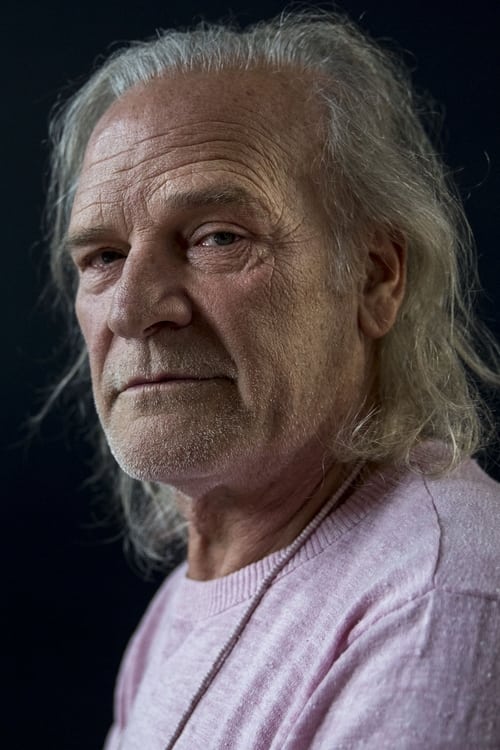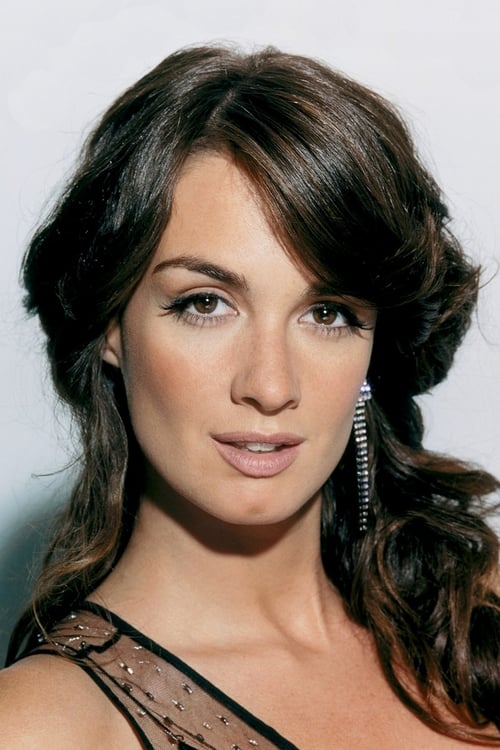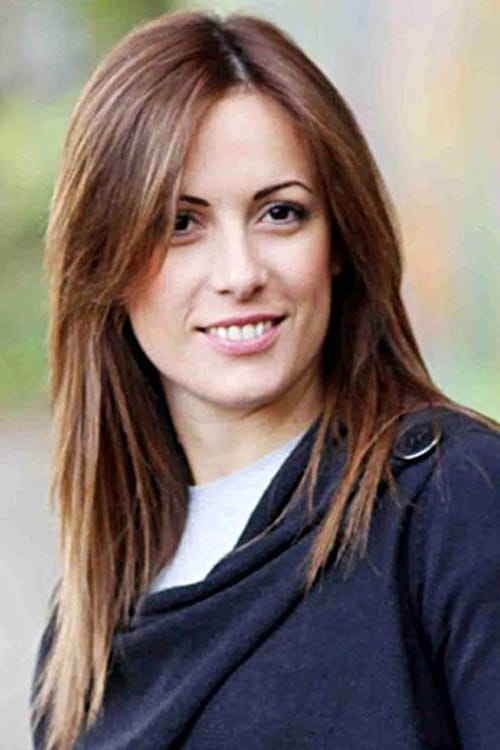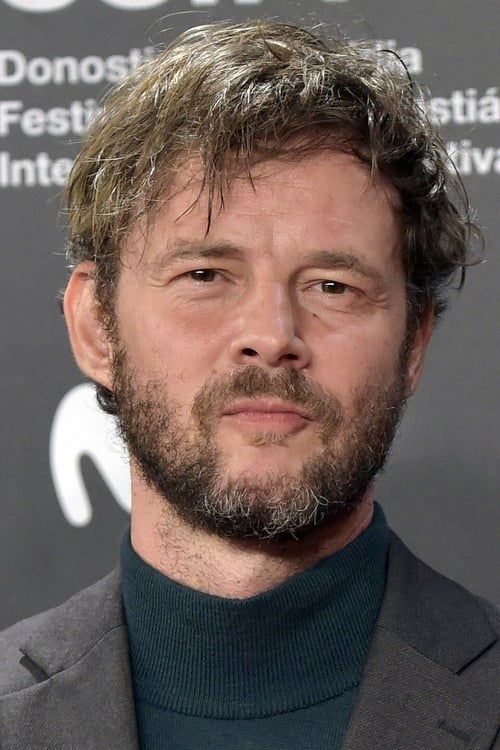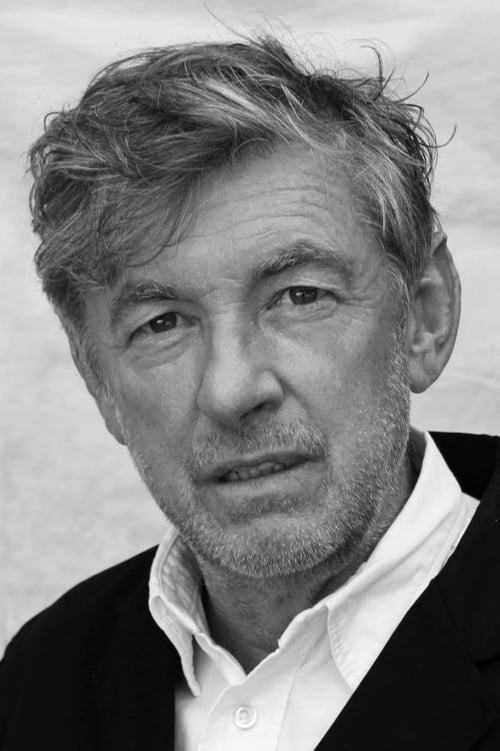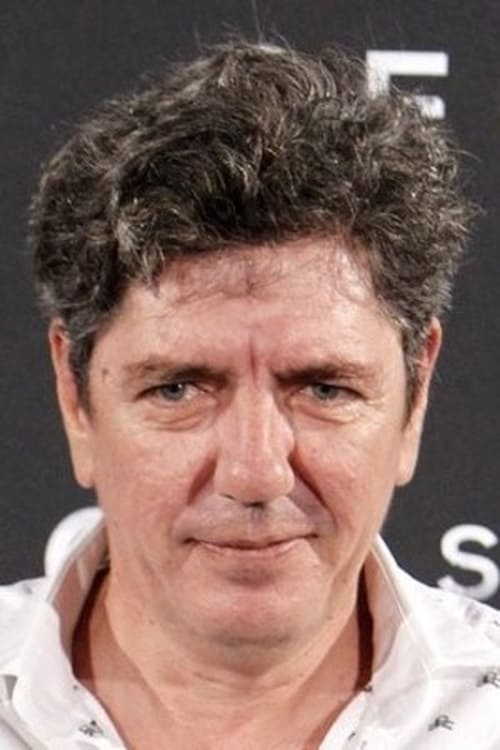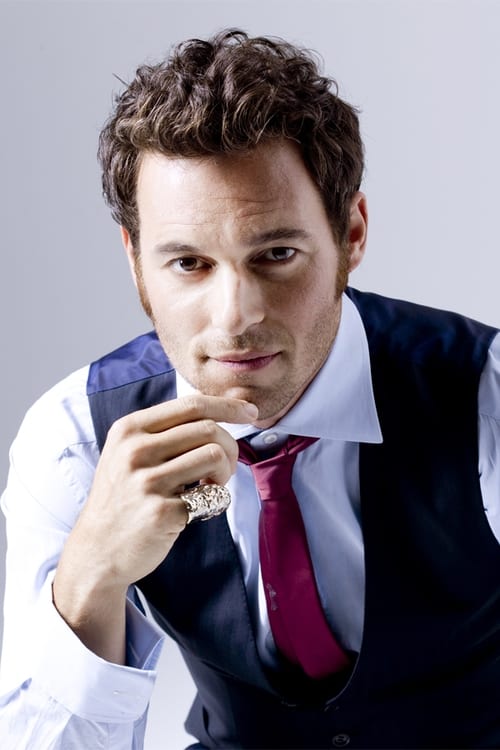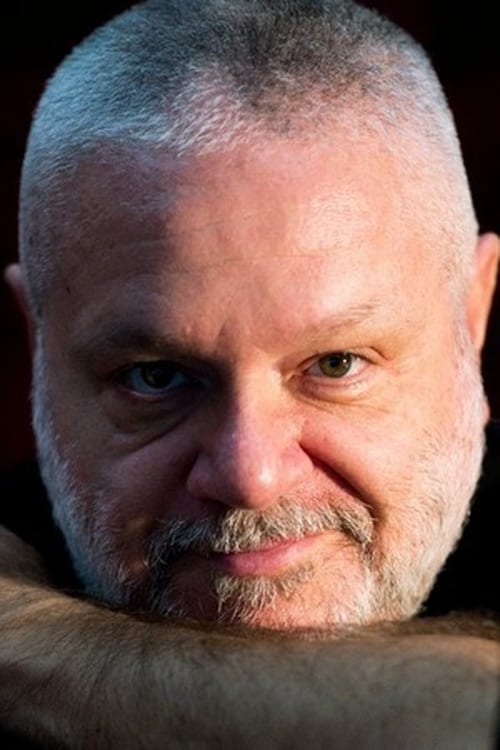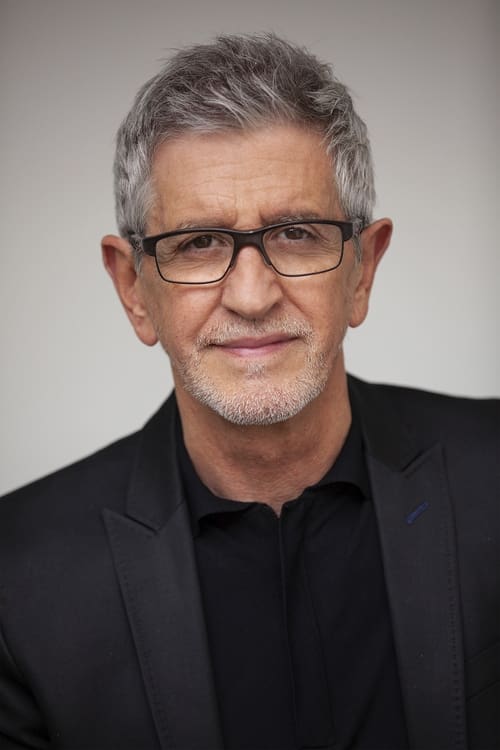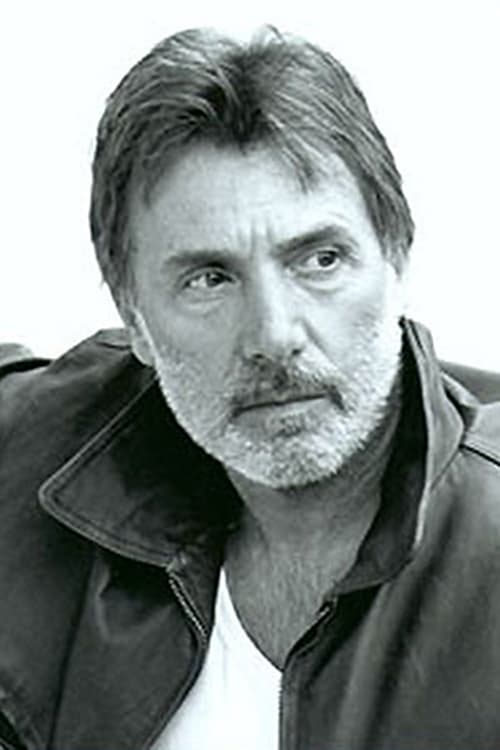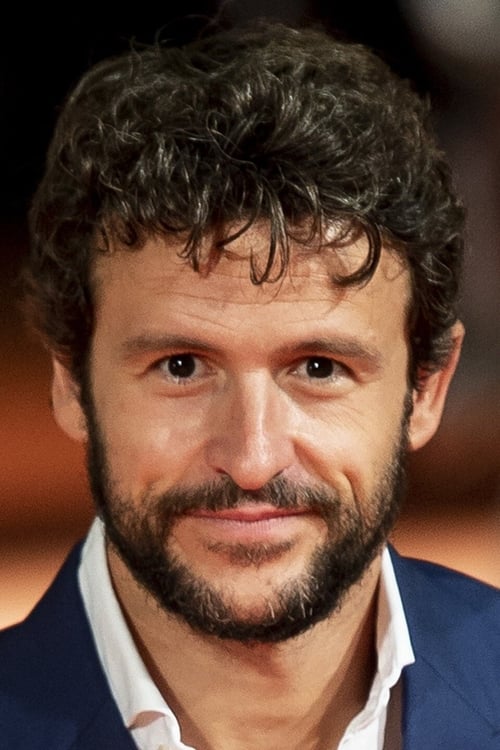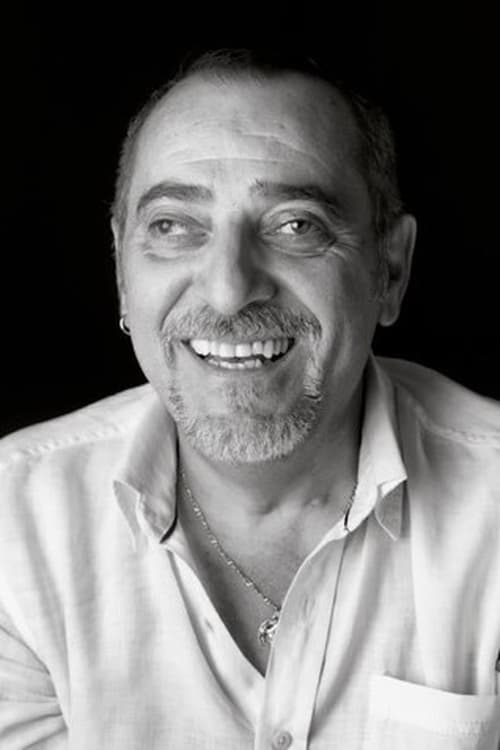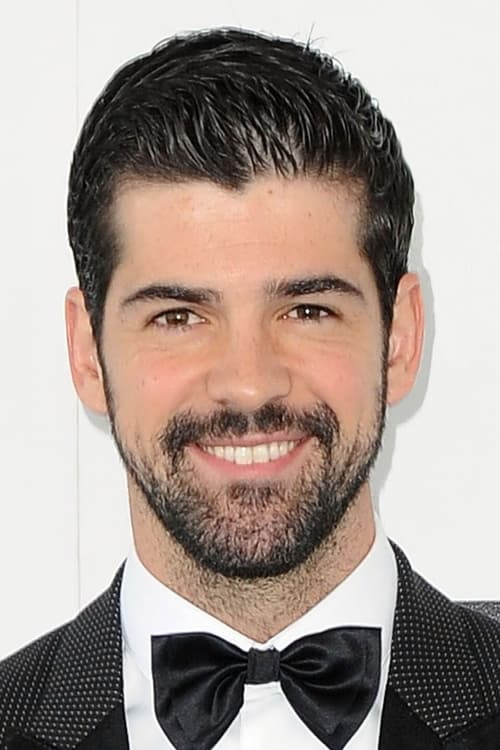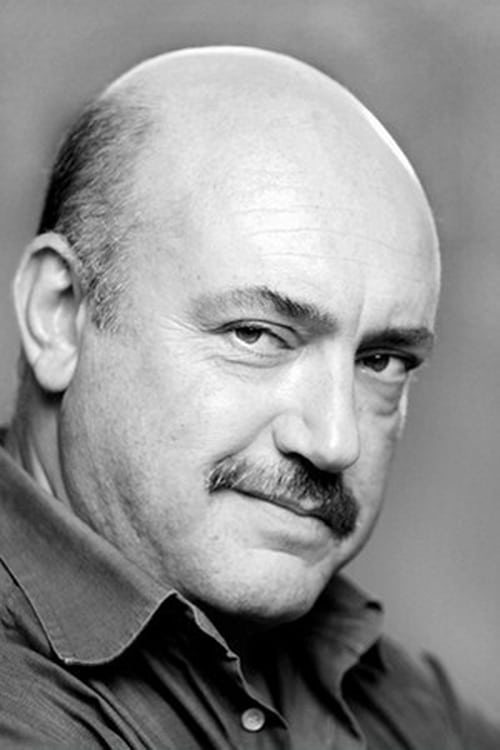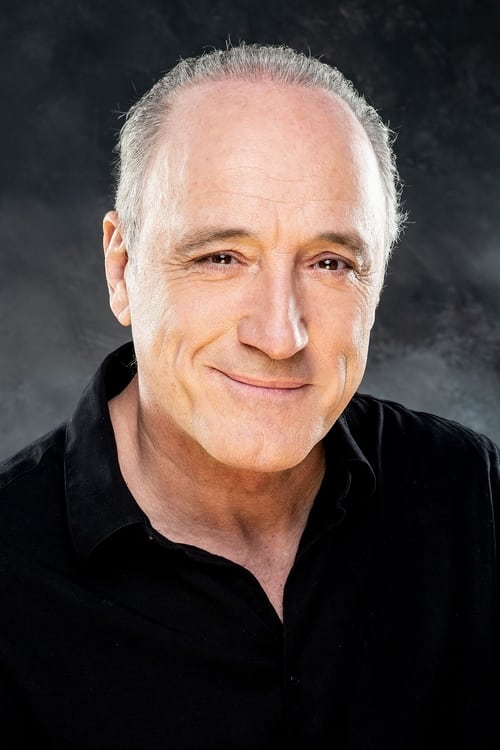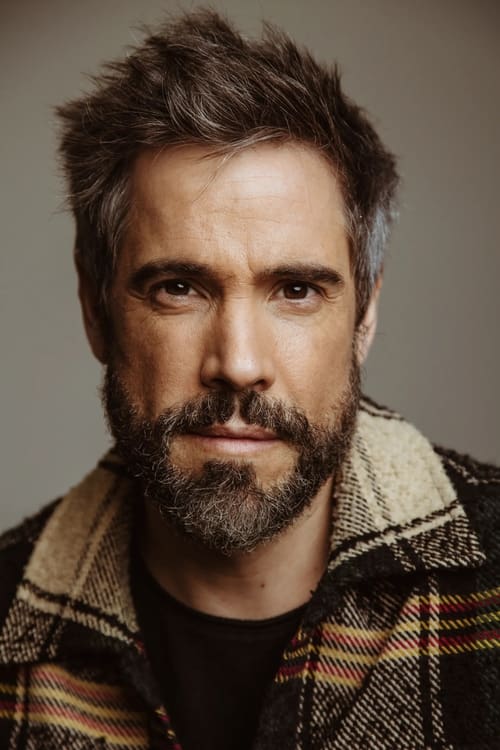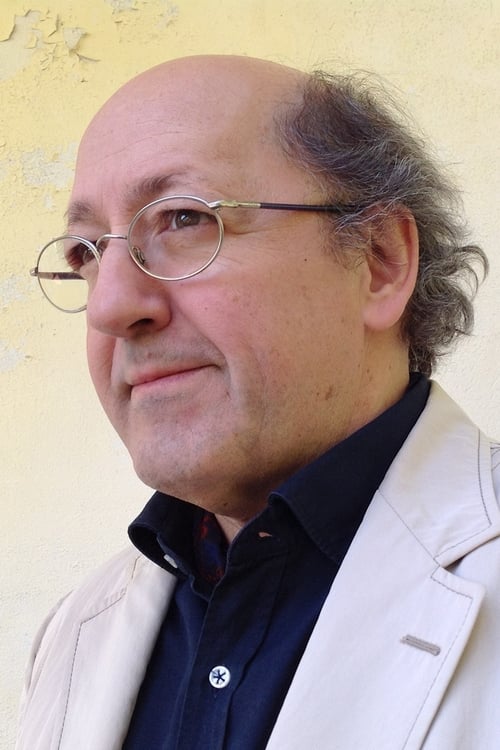The Borgia (2006)
Genre : Drama, History
Runtime : 2H 0M
Director : Antonio Hernández
Synopsis
A portrait of the bloody dynasty that spawned a pope, Alexander VI, as well as the role model for Machiavelli's “The Prince,” his son Cesare Borgia, and a legend of femme duplicity, daughter Lucrezia Borgia.

Young and wide-eyed, Kathie falls in love with charming yet quirky real estate scion Robert Durst, only to find their marriage turning stranger, darker and more disturbing as time passes.
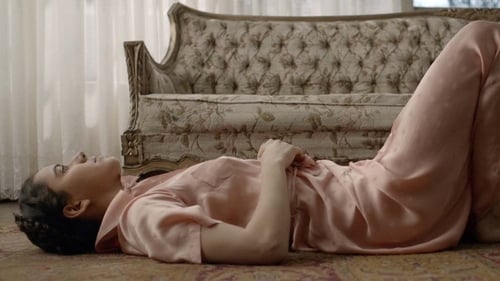
Rosario Castellanos is an introverted university student who doesn't seem to belong to her time. In the early 1950s in Mexico City, she is fighting to have voice heard in a society run by men. She is about to become one of the biggest female writers in Mexican literature, but her tumultuous love story with Ricardo Guerra will manifest her fragility and contradictions. At the peak of her career and her marriage, she will ignite a discussion that will mark a turning point in her life.

Depicts the life of best-selling Japanese poet Toyo Shibata. Toyo Shibata first began writing poems at the age of 92 and published her first collection of poems "Kujikenaide" (″Don't lose heart″) in 2009, which sold over 1.5 million copies.
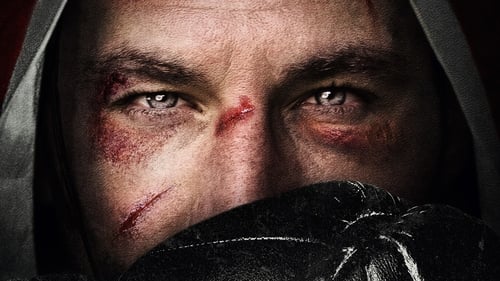
The true story of underdog boxer, Chuck Wepner, who gets a shot to fight the champ, Muhammed Ali.

Observes the creative process and thinking of Alfredo Jaar, of the most relevant artists in contemporary art. His work deals from the migration in the frontier of Mexico and the US, to the genocide in Rwanda and the Chilean coup d'etat in 1973. He sees art as the "last place" of freedom in modern society and from that idea he unfolds his work as an act of resistance.

Follows the life of Catholic Priest John Bosco (1815–1888).

Sweden in the 1780s. At the court the nobility lords and ladies dance, love, intrigue and compete for the King's favor. To this Stockholm arrives Rutger Macklean, nobleman and an officer. With a notion of an extensive re-organisation of the agricultural lands and the farm properties.
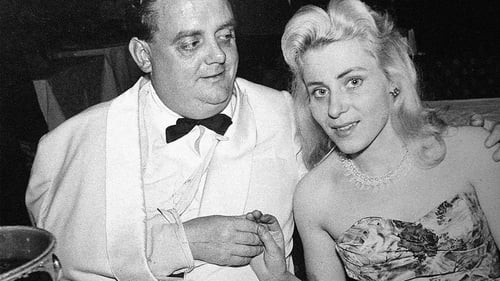
A film about Johnny Bode. Schlager diva, Operetta hero, filth musical innovator, enfant terrible, compulsive liar and amoral rogue. Johnny Bode (1912-1983) was very successful in Sweden and Europe. Yet he is today almost completely forgotten. Why? His life was so overwhelming, glamorous, fast and bizarre. So un-Swedish. He became fascinated by the nazism. Was arrested by the Gestapo and detained at Grini concentration camp in Norway. For five weeks. After the war he moved to East Berlin and proclaimed himself a dear friend of the GDR. Later he was deported and returned to Sweden. A time of fencing and small crimes followed. Escaped to Brussels at first and later Vienna. He was, as Juan Delgada, hired by the Vienna Opera to create new operettas. And was very successful. Johnny Bode died exhausted alone and abandoned in Malmö during the summer of 1983.

A feature-length distribution documentary about Filip Topol, composer, lyricist, pianist, singer and fighter of the group Psí vojáci, whose work has struck three generations.

A father tends to get obsessed with stuff. For a while he was all about Jujutsu. Then there was the period with macrobiotic cooking. Lately he only talks about bird houses.

A woman simply refuses to accept the kidnapping of her 13 year old daughter and relentlessly pursues the villain's capture.

Between 1950 and 1955, Henri Langlois tried to produce, on behalf of the Cinémathèque française, several films devoted to great artists, with their cooperation, by entrusting them with virgin film stock. Wrote Langlois on the unfinished project, epic in scope: "We had the idea of asking poets, painters, scholars, writers and even repressed filmmakers [...] to make films in 16mm, with the means at hand, without taking into account any commercial concern or censorship." What precious little came of the project was eight minutes of film from Matisse and twenty-some from Marc Chagall, released at a later date.

Short documentary outlining author Jack London's path to Socialism.
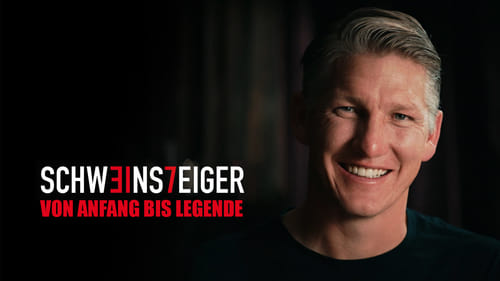
Schweinsteiger's glittering career, which peaked with lifting the World Cup in 2014.
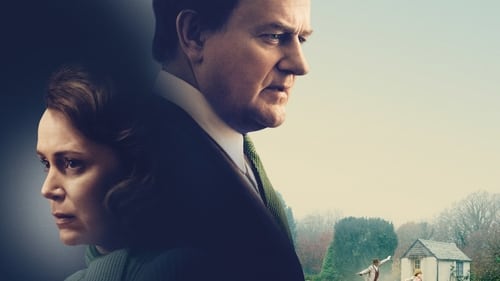
In 1962, Patricia Neal and Roald Dahl retreat to the English countryside to bring up their young family. The seemingly unlikely pair find their relationship put to the test by a tragic loss.

Annita Malavasi was just 22 when the Germans occupied Italy, their former allies, in 1943. As a partisan in the Italian resistance named “Laila”, she moved throughout the Apennines with and between fighting units, delivering information, transporting weapons, and taking part in battles. She spent over a year in the Apennines, fighting against the German occupation. At the same time, she had to assert herself against the men of the mountain villages. By the end of the war, Laila had risen among the ranks to become one of the few female commanders in the Italian resistance. This film chronicles the story of a lifelong struggle for emancipation that began with the battle for Italy’s liberation from fascism. Laila and her two comrades, Gina “Sonia” Moncigoli and Pierina “Iva” Bonilauri talk about their time in the Resistenza and what it meant to them and many other women.

